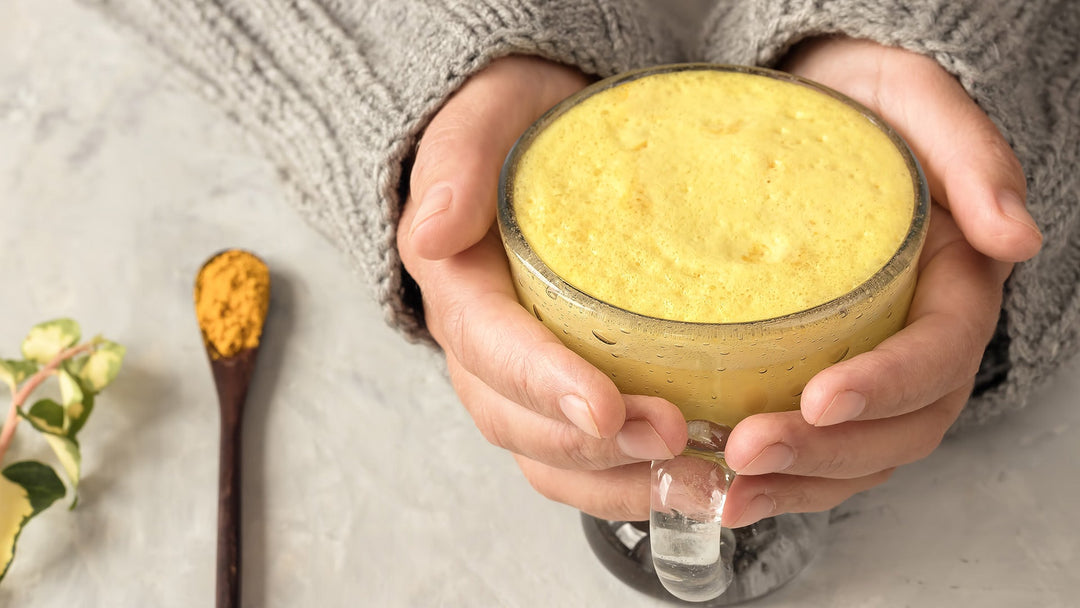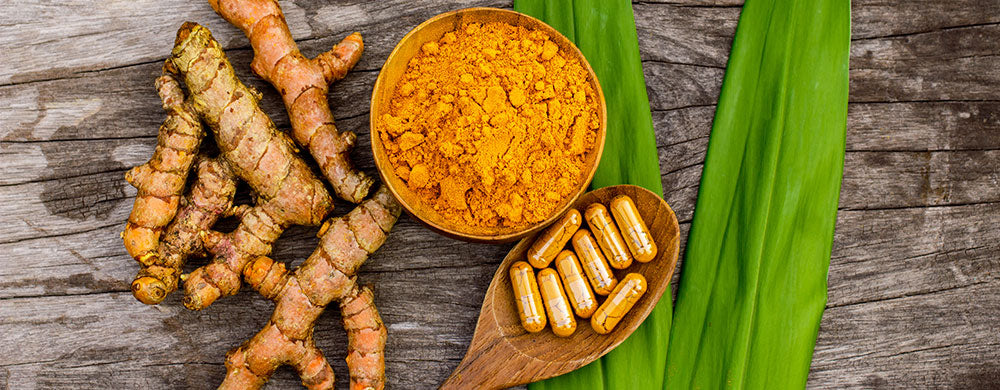How healthy is olive oil really?

Everyone has heard that olive oil is healthy! But how much truth is there in the image of the 90-year-old Italian lady who is still full of life and healthy thanks to her Mediterranean diet?
In this article we will take a closer look at this question and explain whether and why olive oil is actually healthy!
Olive oil can provide health into old age
It is not always easy to make blanket statements that a certain food is healthier than another. After all, no two people are exactly alike. However, if there is one food that is an essential part of a healthy diet and can even keep you healthy into old age, it is olive oil .
In this groundbreaking study (1) from 2014, researchers found that a Mediterranean diet rich in olive oil and unsaturated fatty acids can lengthen telomeres and thus slow down and even partially reverse the aging process. This sounds promising, so we want to take a closer look at the topic.
Younger cells thanks to longer telomeres
Telomeres are a key factor in the human body when it comes to aging. If the telomeres are long, the body can continually produce new, vital and youthful cells. However, with aging and each cell division , the telomeres gradually shorten. And it is precisely this process that a Mediterranean diet , and above all the healthy olive oil, counteracts.
Polyphenols - The secret of healthy olive oil
When it comes to the question of what makes a truly healthy olive oil , we cannot avoid taking a close look at the polyphenol content. Polyphenols are a group of secondary plant substances. In olives, the most important are oleuropein , oleocanthal , hydroxytyrosol and tyrosol .
Polyphenols are powerful antioxidants . They protect the body's cells from free radicals . This study (2) from 2018 suggests that polyphenols may even help prevent cancer , cardiovascular disease and neurodegenerative diseases such as Alzheimer's .
In this study (3), oleocanthal was able to kill cancer cells within 30 minutes of contact. However, this study was carried out in a test tube and not on living humans and therefore cannot be transferred 1:1 to humans.
Tyrosol is another effective antioxidant from the polyphenol family. In one study (4), it was able to reduce the inflammatory reactions of mast cells. This could be of particular interest to allergy sufferers. Of course, here too, the results in the laboratory cannot always be transferred 1:1 to humans. Nevertheless, we believe that a high-quality olive oil with a high polyphenol content should have its place in every healthy diet.
Integrate polyphenols into your diet
There are of course several ways to integrate polyphenols into your diet. If you use conventional olive oil, you will have to make do with a maximum polyphenol content of 250 mg/kg. In exceptional cases, olive oils with up to 500 mg/kg are also available on the market. The content of vitamin E and other minerals and vitamins also varies depending on the quality.

At Cellavent we offer O'Liv Plus with a polyphenol content of 750mg/kg . Due to the careful harvesting, only young and undamaged olives are processed. In addition, no songbirds are killed by harvesting machines during the olive harvest, as the olives for O'Liv Plus are only harvested by hand, which makes the product truly 100% vegan.
You can find out more about polyphenols in our blog post “ Polyphenols – Why are they healthy? ”
How does olive oil affect our cholesterol?
If you want to stay healthy into old age, you need a healthy heart . More specifically, a strong and functioning cardiovascular system . This is where cholesterol levels come into play.
The body needs cholesterol so that the heart can do its job and all blood vessels are elastic and healthy. Cholesterol is not generally "good" or "bad" as many people assume. Cholesterol is essential for the stability of cells and the formation of many hormones.
However, as is so often the case in life, it’s all about finding the right mix.
Cholesterol is made up of the values HDL cholesterol and LDL cholesterol measured in the laboratory. Both have different functions in the body. And only those who have the right ratio of these in their blood and their body remain healthy. Unfortunately, this value is completely out of balance for many people. There are too many omega-6 fatty acids in their diet.
The good news is that we can influence this value ourselves through our diet.
Olive oil with valuable unsaturated fatty acids
A high-quality olive oil is rich in polyunsaturated fatty acids . These omega-3 fatty acids are an important balance, as our diet often contains too many omega-6 fatty acids. The much-talked-about tablespoon of olive oil is therefore an important component of a balanced diet.
So, should you hurry to the discount store and buy the nearest olive oil? No, not so fast! Because not all olive oils are created equal. It's the quality that counts.
Which olive oil is the healthiest?
In order to really reap the full health benefits of the oil, it is important to take a close look at the quality of the oil. So which olive oil is the best quality?
First of all, it makes sense to buy a good organic olive oil , as it contains a higher content of health-promoting ingredients and no harmful pesticides are used during cultivation and after harvest.
Another quality feature is whether it is "olive oil", "virgin olive oil", or " extra virgin olive oil ".
1. Extra virgin olive oil
The extra virgin olive oil is made from young and undamaged olives. In addition, the oil is only cold-pressed and not mixed with hot-pressed oils. This means that more vitamins (e.g. vitamin E) and minerals are retained. It is the highest quality olive oil of the three categories mentioned and may contain a maximum of 0.8% free fatty acids. With O'Liv Plus, we focus on fewer free fatty acids and more on unsaturated fatty acids in order to obtain an olive oil that is especially good for your health. Due to the high proportion of polyphenols and the other secondary plant substances , this oil has a slightly sharp and bitter taste.
2. Extra virgin olive oil
Ripe and damaged olives are also processed into virgin olive oil. The oil can also be a mixture of cold-pressed and processed oils. The amount of free fatty acids can be a maximum of 2%. It is also generally not as dark and sharp in taste as extra virgin oil. The proportion of polyphenols is also much lower than in extra virgin oil.
3. Unrefined oil (lampante oil)
This oil is not edible and has more than 2% free fatty acids. Traditionally it was used as fuel for lamps.
But be careful – many oils are adulterated!
Just because an olive oil is labeled "extra virgin" or "extra virgin" doesn't mean it always contains the quality advertised. Olive oil is a business and not every retailer should be trusted. In a sample conducted by Stiftung Warentest (5), only 16 out of 19 oils kept their promises. And all but one were adulterated with mineral oils.
If you really want to do something good for your health, please make sure you choose a manufacturer you trust.
Sources


